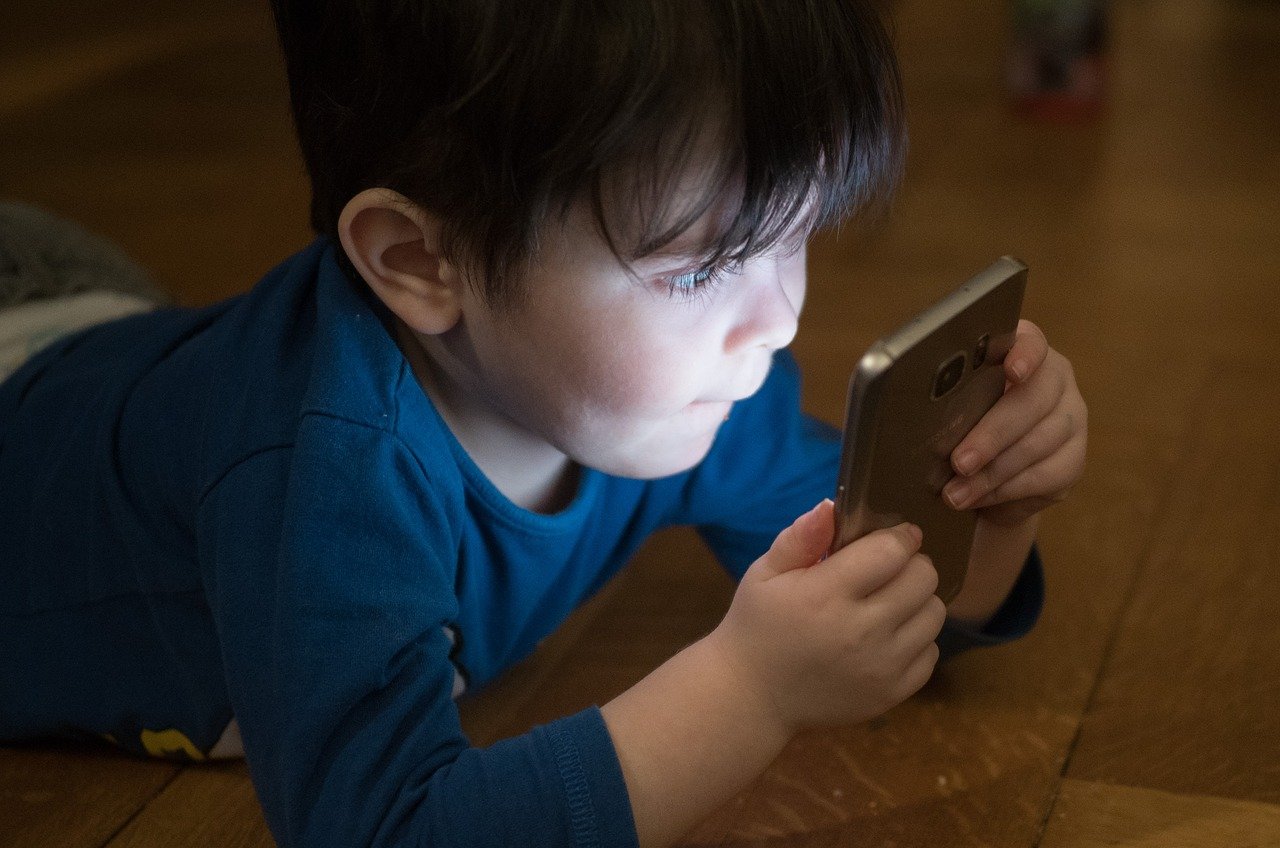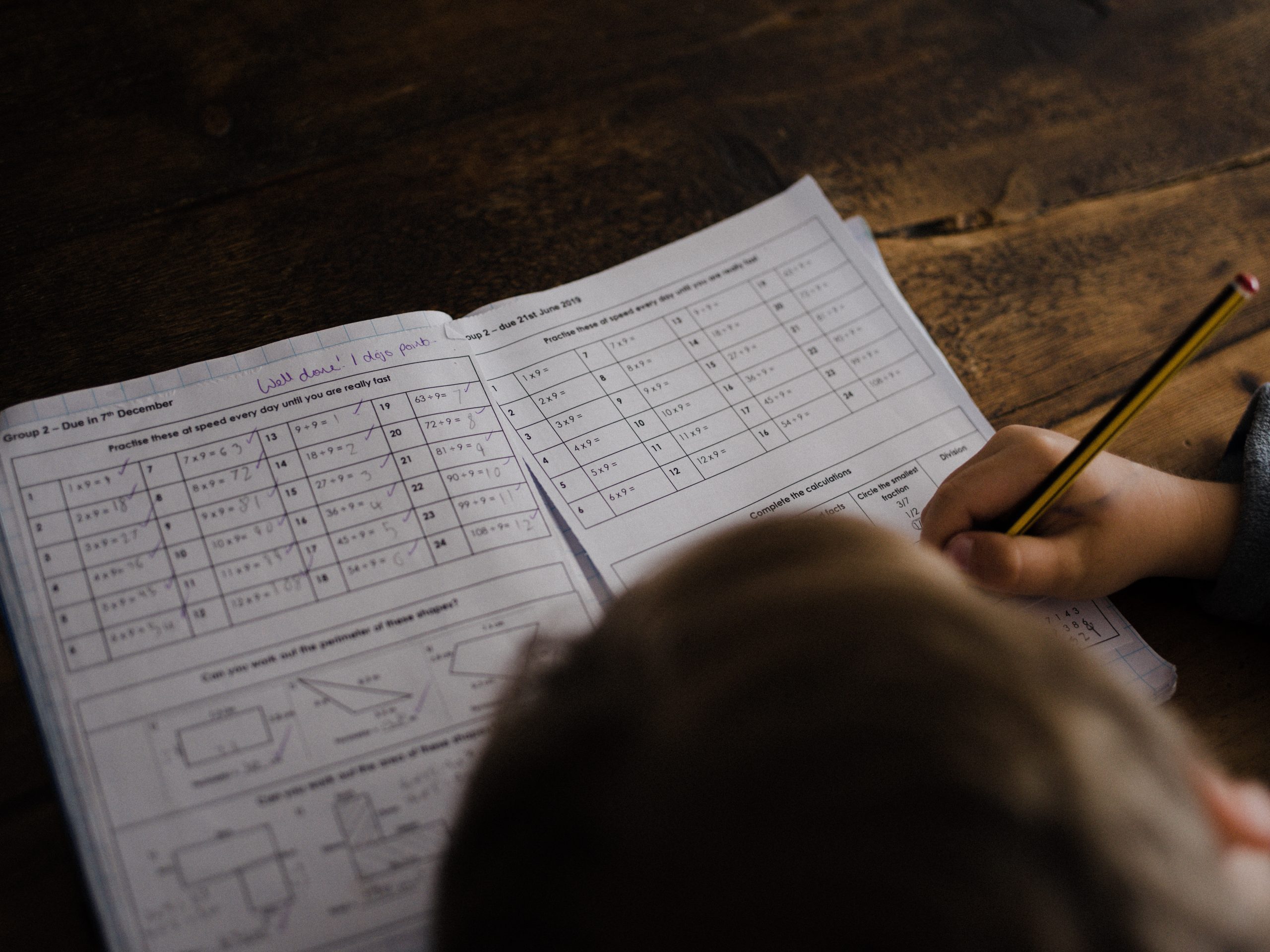If there’s one thing many of our little ones’ childhoods are defined by, it’s screen time. Even as recently as our own childhoods, we never had access to smartphones and tablets like our kids do.
We know that screen time comes with some disadvantages, but how is it really affecting our children?
This article will explore the true impact of too much screen time on young minds.
Screens can stunt their development
Babies and children grow and develop by interacting with the world around them. Their language skills are born out of hearing us talk and conversing with us. Screen time can limit that key engagement, meaning many young children can end up with limited language and communication skills.
What’s more, a study found that children at 24 months and 36 months old had poor social, cognitive, and behavioural development if they spent a lot of time interacting with screen media. The study observed that children who had a lot of screen time showed a lack of progress in their motor skills, problem-solving, and personal-social skills.
Children learn less using digital devices
While most of us know that our toddlers and children shouldn’t spend hours glued to a screen, there are benefits that we recognise. A lot of parents allow children to watch educational videos or TV shows on a TV, tablet, or mobile phone. This is seen as an upside of children’s access to screens, but research has shown it may not be a positive after all.
Studies have shown that, while babies as young as six months old will engage with content on a screen, they don’t begin to understand it until they’re about two years old. Additionally, children under two will learn less from a video than from a real-life interaction with someone. Children who watch a lot of TV in their younger years – whether that’s educational content or not – perform worse on reading tests, further highlighting its impact on their learning.
Screen time affects quality of sleep
It’s a well-known fact that the blue light from digital devices can affect our sleep. This type of light reduces melatonin, the hormone that tells us it’s time to get sleepy. While we may have limited our screen use in the hours before bed, are we recognising that it’s having the same impact on our children?
One study showed that one-year-olds spent 28 fewer minutes asleep after looking at screens late in the evening. Comparatively, six-month-olds who were exposed to screen time in the evening slept for shorter periods than six-month-olds that weren’t exposed to screens. As many of us parents will know, a baby who isn’t well-rested is not a happy baby!
Poor attention spans and impulse control
This is another area where us adults also experience the effects of screen time. Since your smartphone became glued to your hand, have you had problems concentrating? Do you find that you don’t have much of an attention span? That’s because the instant gratification we get from our devices limits our focus and attention spans.
In children, the impact can be wide reaching. If you’re reading your child a bedtime story, for example, they have time to process the words you’re saying and the pictures in the book. But if they’re watching a video, they won’t have time to fully digest the information. And the instant gratification element means that, during periods of boredom or no screentime, your children’s impulse control can go out of the window.
What can you do to help your children?
Now that you know about the impacts too much screen time can have on your children, what can you do about it?
The World Health Organisation recommends not exposing children under two to any digital screens, except for video-calling family members. For children aged two to four, no more than an hour a day is recommended. Watching high-quality content with your children will help them understand what they’re consuming.
From two upwards, it’s important to still limit your children’s screen time, and as they get into their pre-teen and teenage years, be sure to have dedicated screen-free times like enjoying dinner together.
It’s also important to engage your children in activities that go beyond digital devices, including:
- Day trips out to explore the countryside or a theme park they’ll love, complete with their kids’ backpacks and wellies – because the British weather is unpredictable!
- Regularly scheduled trips to see family members and friends so they have something to look forward to
- Engaging home activities like arts and crafts, board games, and baking
- Time spent reading together – this can be when you’re reading them their bedtime story, or a designated hour after school where you read a book of their choice
Screen time is still relatively new, but it’s now undeniably a huge part of our children’s lives. And while they may enjoy watching their favourite TV shows, educational videos, or playing games on their devices, it can have negative impacts on them, including stunted development skills, a short attention span, and difficulty sleeping. By limiting your children’s screen time and focusing on screenless stimulating activities, you can reduce the impact it has on them.
Sources
https://jamanetwork.com/journals/jamapediatrics/article-abstract/2722666
https://healthmatters.nyp.org/what-does-too-much-screen-time-do-to-childrens-brains/
https://pubmed.ncbi.nlm.nih.gov/25521612/
https://www.unicef.org/parenting/child-development/babies-screen-time







